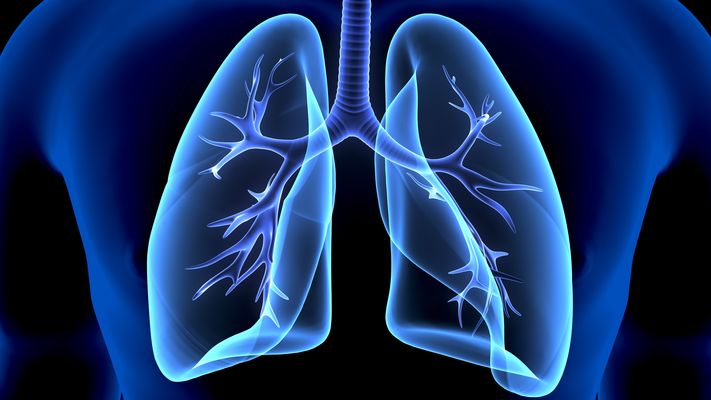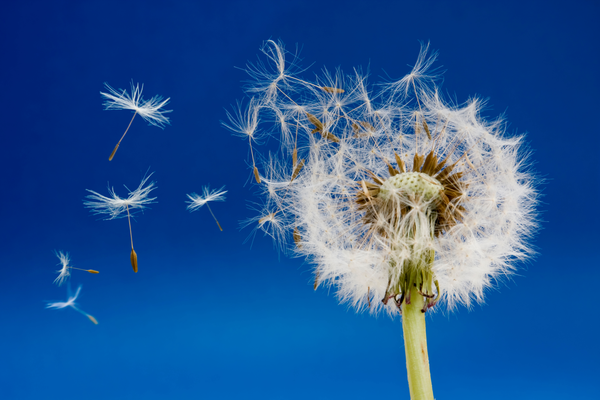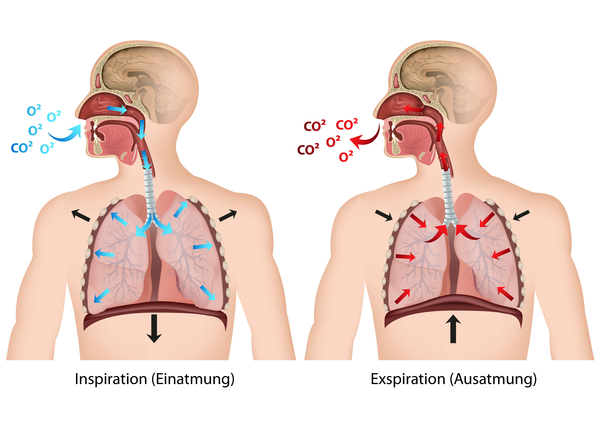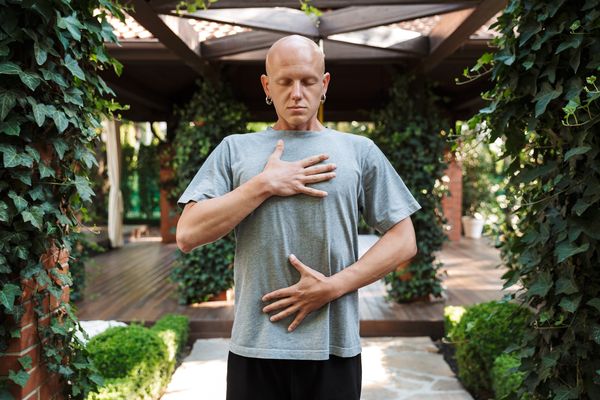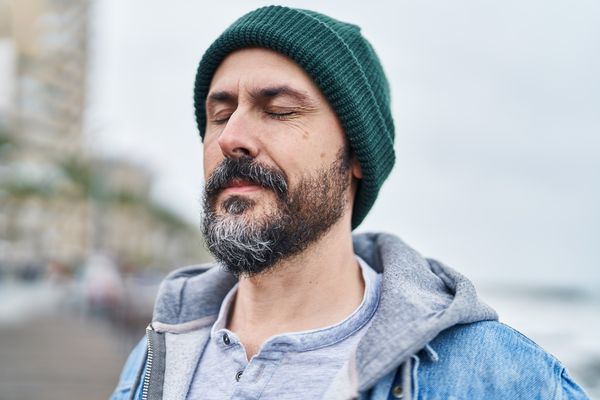After all fails us we always have to fall back upon rhythmic breathing. Sluggish circulation of the blood has most to do with our organic disorders. Where the usual remedies fail us or prove ineffective, it will be found that attention to breathing will assist in the rousing and stirring of organic operations. True, attention needs to be paid to the position of the body. In a sitting posture we must sit so as to be en leisure, absolutely relaxed, with chest thrown up. Do not drop chest and do not drop the abdomen, but rather draw it in at the diaphragmatical region.
To derive immediate results from an exercise it is necessary to relax to the utmost and never force matters. The shoulders must droop while inhaling and chest must rise, never drop. It is the abdomen that has to be drawn in toward the solar plexus.











